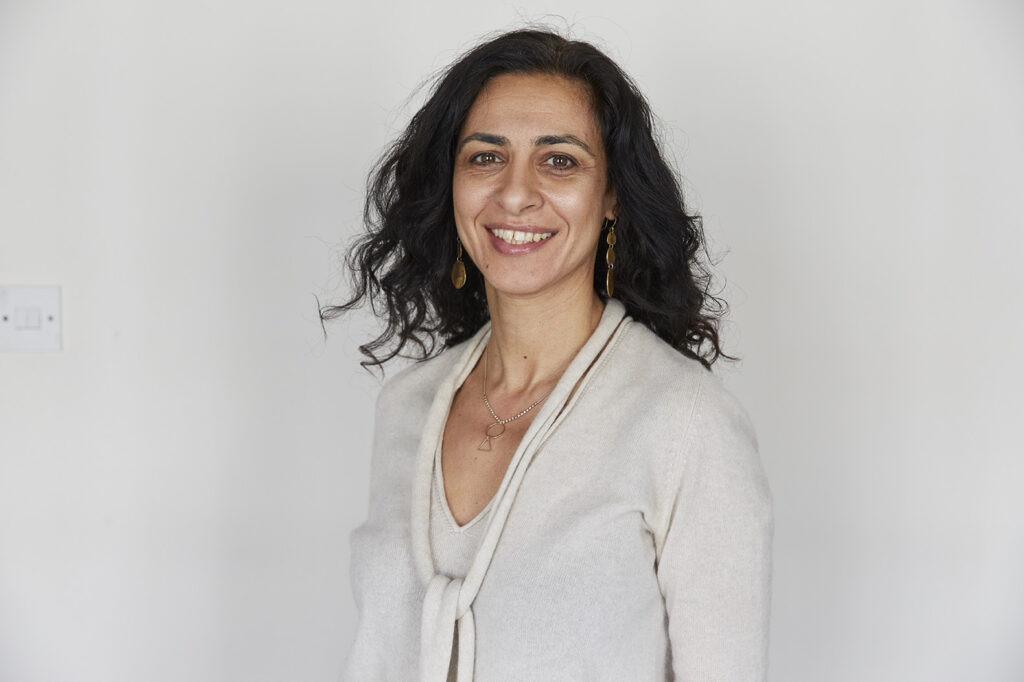
Where there is a lack of care in coaching, the impact can be an unsuccessful relationship, in which change doesn’t happen for the coachee. This blog post addresses what care looks like in coaching from both the coachee’s and the coach’s perspective. It also provides care tips for the coach to embed into their professional practice.
Lack of care in coaching relationships may not provide the necessary support for coachees to navigate challenges effectively. In addition, if a safe caring space for coachees is not created, coachees may not feel ready to be stretched and challenged, ultimately hindering their personal and professional growth. Care in coaching is essential for enabling a positive and impactful coaching experience.
So what does it mean to work with care in coaching?
For me as an executive and management coach, coaching centres on empathy and understanding in the relationship, while simultaneously stretching and challenging my coachees. Care is essential. So what does it look and feel like when a coach prioritises care – encompassing thoughtfulness, attention, and tending – in the core of coaching?
Coachee perspective
With care in coaching a coachee may feel that the coach is very present for them. They may experience you listening in an undistracted way. They may have a sense of acceptance of who they are.
I’ve been a coachee with various coaches for 30 years. From the coachee position, a caring coach has expressed empathy and understanding throughout the relationship, not just when describing painful moments. I’ve often felt I mattered to the coach: that my well-being and my need to find a meaningful solution for my challenge matters to them. I knew that the relationship had a caring foundation, so that it felt safe to be stretched and challenged.
Even in tricky conversations, where I have said to my coach , ‘That approach you used wasn’t quite right for me’, my coach responded with thoughtfulness. They showed understanding and clear boundaries. This is care in action too.
Coach perspective
From the coach’s perspective, care means – again and again – putting the humanity of each coachee at the centre of the coaching. It is after all a service that is centred on quality relationships.
Care is a deep acknowledgement that a coachee, as a human being, goes through hope and joy, gain and loss, mistakes and difficult times. As we all do.
This perception leads to empathetic attention. Care also arises from a genuine and heartfelt curiosity about our coachees. It leads to a professional coaching value of a ‘connected coach-coachee relationship’ that supports coachees on their life journey.
This supportive approach also means that the coachee success matters to you enough for you to stretch and challenge the coachee, even if it’s uncomfortable at times for them.
For me as an executive and nanagement coach, often working with busy professionals, caring means giving myself and the coachee the gift of time. After all, space to think deeply and broadly is at the centre of coaching. To really help this to happen, I take a moment before a coaching session to ground myself, rather than rushing between meetings. Additionally, minimising distractions is a priority.
Do clients care for themselves?
My experience of coaching executives, managers and leaders is they are highly motivated and very busy. Most of the time caring for themselves seems to be low on their agenda. Sometimes this leads to experiences of stress and burnout. Coaching that is grounded in caring can hold a mirror up to coachees about how a caring relationship feels. In addition, it’s a really interesting area to explore with your coachee: ‘What does caring for yourself at work look like for example? What are your needs that you are addressing? Which of your needs are you ignoring? ‘
Caring for ourselves as coaches
Self-care is a part of our professional coaching responsibilities. It may be part of your membership bodies’ professional code of ethics, eg EMCC and AC. (I’m a member of both and I’m accredited by the EMCC at Senior Practitioner level.)
Almost two decades ago, I spoke about care in coaching at Jackee Holder’s Alternatives’ Coaching Circle. This was (it’s no longer running) a powerful support and learning space for coaches, hosted with care by Jackee. I spoke about the importance of self-care, coach wellbeing. Making that matter – on an ongoing basis, so that you can be at your best for your clients. Twenty years later, I still feel that message is valid, especially in the journey that we’ve been through around Covid and lockdown over the last few years. Taking care of our well-being is part of building our sustainable resilience.
Other voices on care in coaching
Many people have spoken about care in coaching, eg Doctor Column Cromin (Reader in Sports Coaching and Physical Education at Liverpool Moores University – check him out on the Sports Coaching Hub Podcast on Apple Podcasts*).
I think care in coaching is a version of being a professional. It’s a deep value that guides all our work. I’d love to hear your insights and your experience about working with care in coaching.
*https://podcasts.apple.com/gb/podcast/the-sports-coaching-hub-podcast/id1708631536
